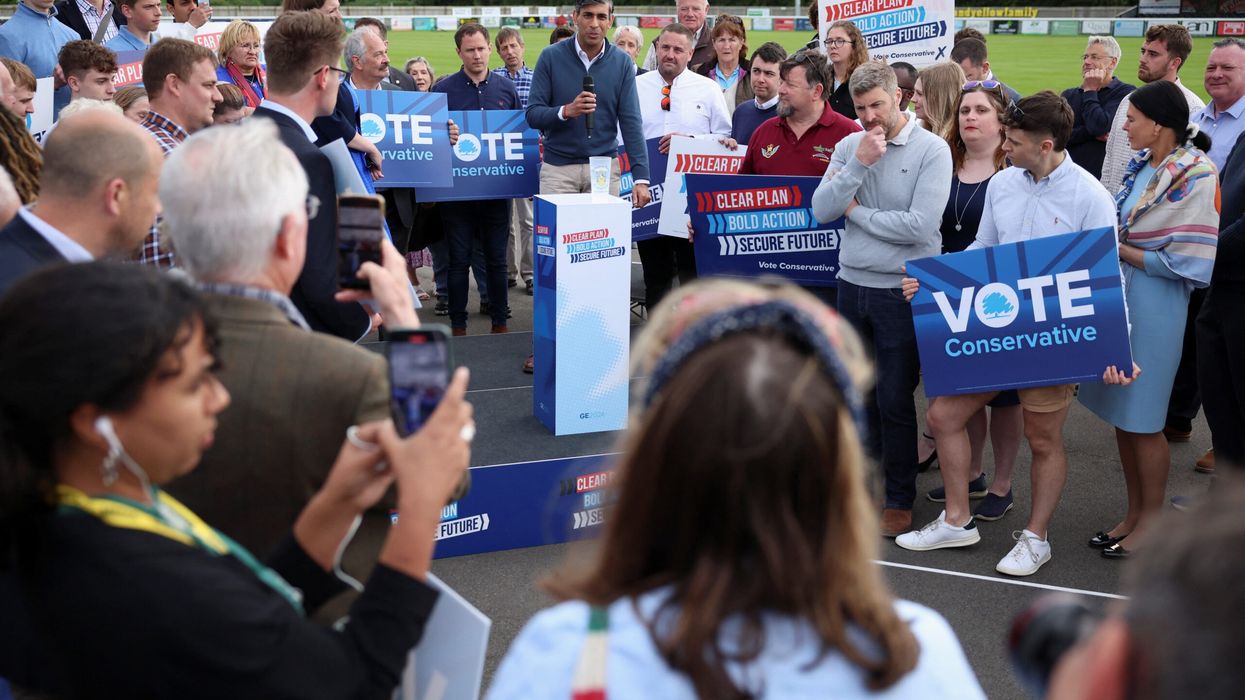Voting for the first time in a British election, Prathesh Paulraj and other immigrant voters are excited to take part in the July 4 ballot, hoping they can influence change in the country that they have chosen to call home.
The opposition Labour Party is widely expected to win by a landslide, replacing Prime Minister Rishi Sunak's Conservative Party which has been in power for 14 years.
Refugees and immigrants from Commonwealth countries, mainly former territories of the British Empire such as Nigeria, India, and Malaysia, are eligible to vote in British elections.
Paulraj, 27, who came to Britain in February last year, said he was excited to cast his vote after missing the election in his native India.
"In my country, they don't allow people from other countries to vote ... I came here on a student visa, but they are giving us an opportunity, like British citizens," said Paulraj who works part-time as an ambassador at his university in Manchester, northwest England.
Teh Wen Sun, a 33-year-old Malaysian student from Salford, not far from Manchester, said she did not see much difference between the two main parties, but she was keen to vote for a party that is more receptive to immigrants.
Immigration is an electoral battleground in Britain, with Sunak promising to cut net migration levels if the Conservatives win, amid concern from many British voters that it was too high and put excessive pressure on the state-run National Health Service, housing and education.
Sunak has since tightened visa rules and made international headlines for a policy to send asylum seekers to Rwanda.
Oyinkansola Dirisu, 31, a support worker from Manchester who came to Britain in 2022, said she was looking forward to voting for Labour, and said she wanted whoever won power to make it easier for people like her to move to Britain.
Others, like Esther Offem, 26, who came from Nigeria last September, are still undecided: "None (of the parties) have done much in the areas that I'm most interested in. But at the moment, I would probably go for the Conservatives ... I'm not sure yet." (Reuters)




